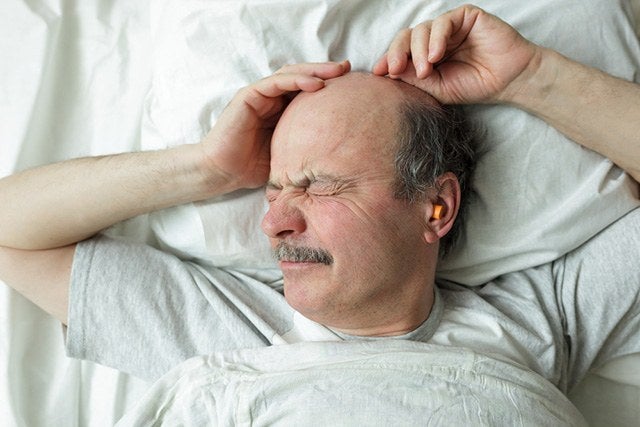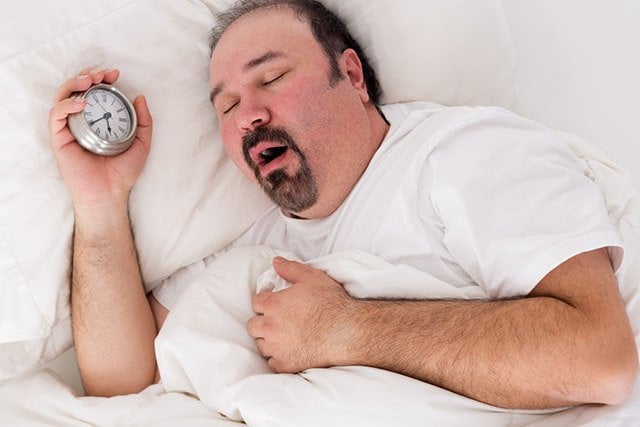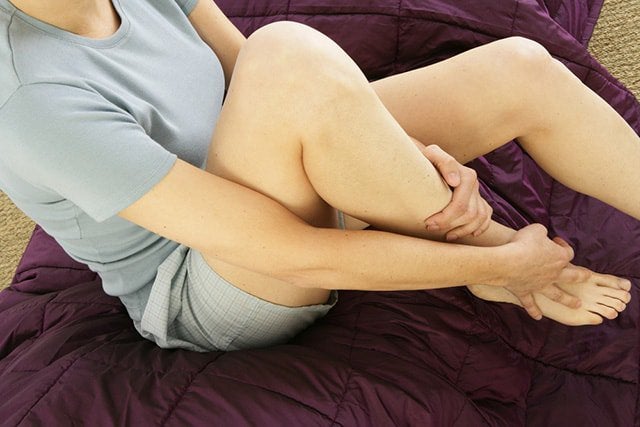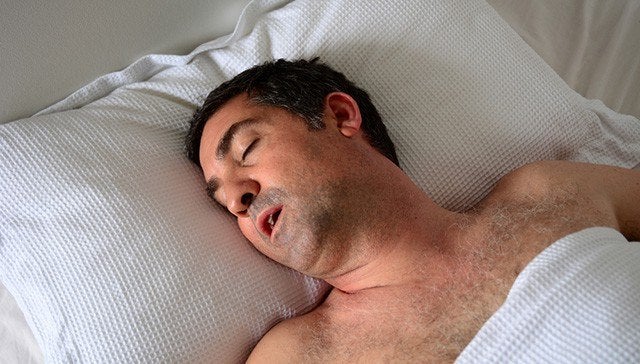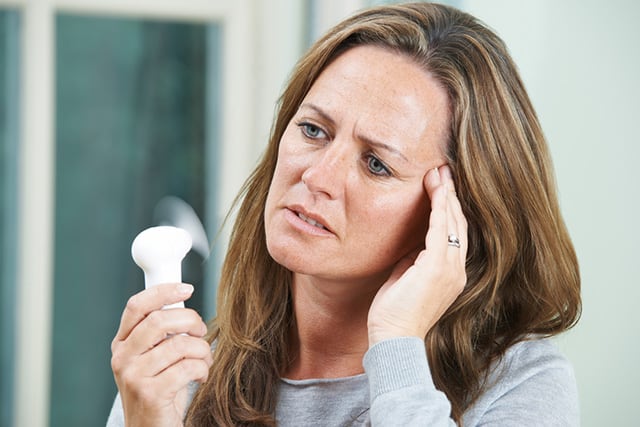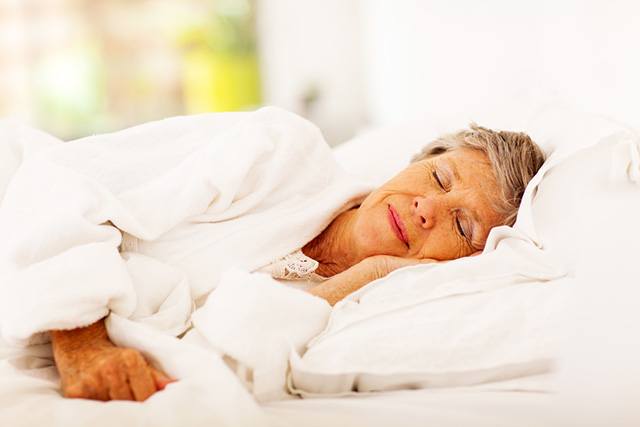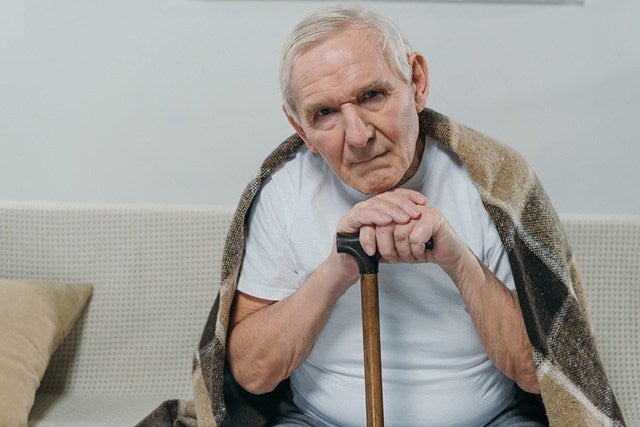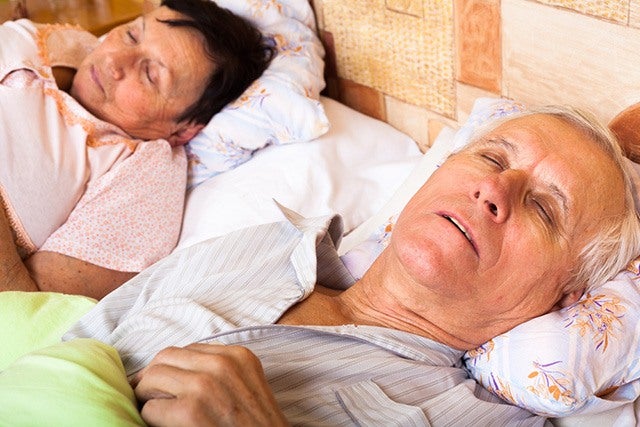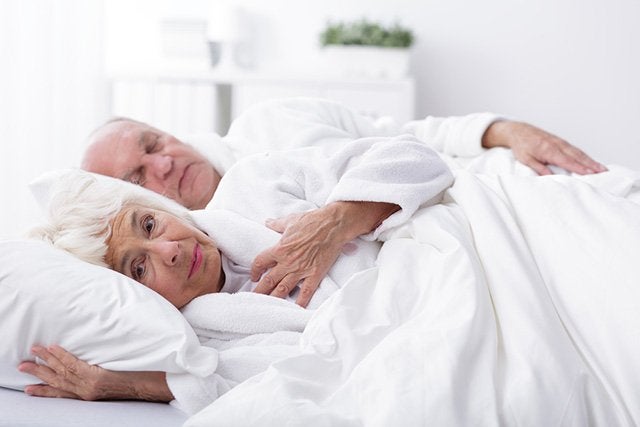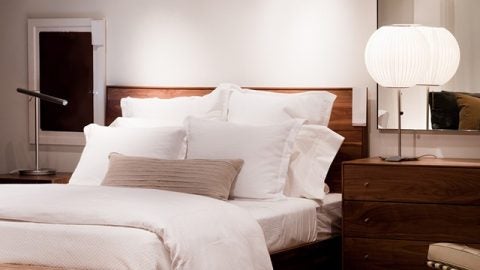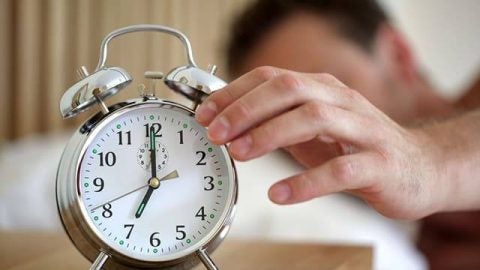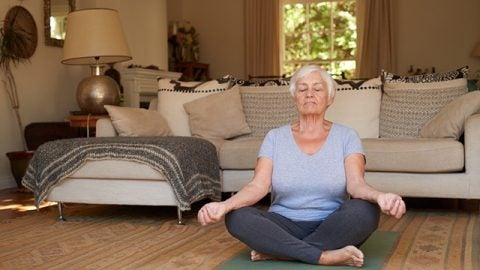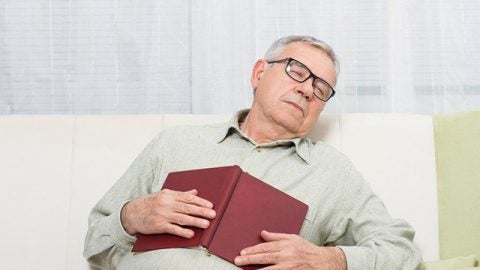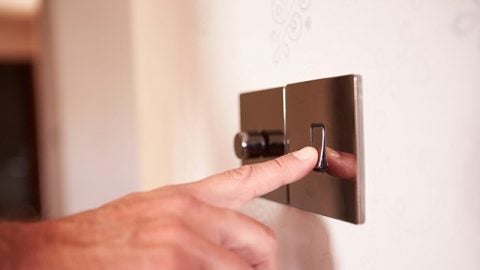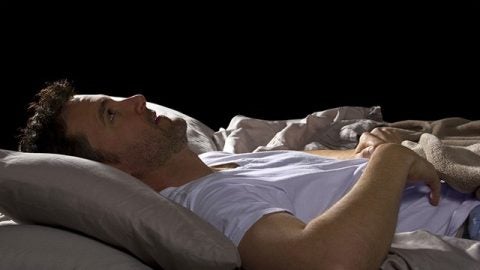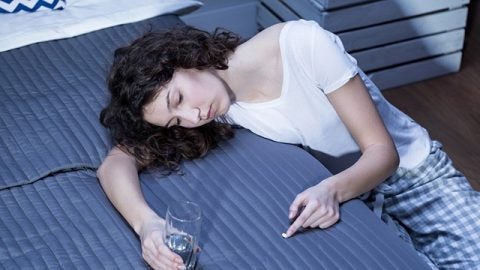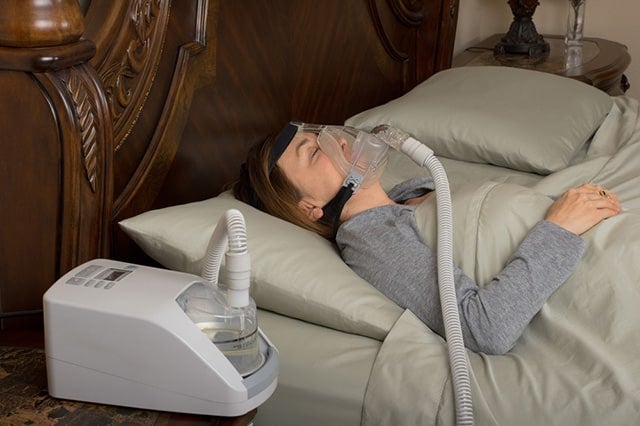Nobody wants to grow old. It can literally and metaphorically be a real pain, with various consequences that occur simply because of our bodies age. Consider the way that vehicles need repairs and replacements as they age, our bodies are the same way, and it’s essential to take care of them.
One of the biggest problems with getting older, though, is the way aging and sleep are related. As you’re going through the physical changes of getting older, your sleep habits change, as do your actual sleep needs. Some of this may be by choice, but there is a pattern with people as they grow older of finding it harder to fall asleep and stay asleep. Without proper sleep, it’s hard to remain healthy and energetic, but there are other problems arising from this as well. Taking care of yourself means also paying attention to what’s happening while you sleep.
Common Misconceptions
A lot of older adults sleep less. Whether it’s due to difficulty falling asleep, waking frequently, or finding themselves rising earlier in the morning, there is less sleep involved. The common misconception is that this is simply because older adults need less sleep. This couldn’t be further from the truth. Aging individuals need the same amount of sleep as they did when they were younger and sometimes more because more time is often needed for rest and recuperation after exertion. What leads to the problem with sleep during those later years?
Changing Sleep Patterns
One of the many reasons that older adults get less sleep is because they ignore certain changes to their sleep needs. One example of this is advanced sleep phase syndrome, which is the condition in which older adults become tired in the early evening rather than later at night. At the same time, they wake earlier in the morning. Unfortunately, many of these individuals continue to stay up till the hour they’re used to rather than going to bed early, then wake up early in the morning, thus shortening their time of sleep.
The reason older adults have this problem isn’t clearly understood, but it is a change to the circadian rhythm that defines our daily routine, including eating and sleeping. Other changes that occur are more frequent waking during the night, making sleep less restful. This can have other underlying causes as well, some of which can be serious.
For example, one of the most prevalent causes of sleep disruption in older people is snoring. While, 90 million Americans experience sleep disruption due to snoring, for many, it’s a regular occurrence, and it can be a sign of other serious conditions in older adults. Loud snoring is associated with being overweight, which can be a serious issue for older adults. In many, snoring is related to obstructive sleep apnea, which causes you to stop breathing during the night. This can be dangerous since the period without breathing can last up to a full minute and deprive the brain of oxygen. Other symptoms that come with sleep apnea, which can be more detrimental to older adults, include headaches, depression, memory loss, and cardiovascular disease.
Restless Leg Syndrome
You may want to read: Are Blankets Good for Restless Legs?
RLS disturbs sleep in about 10 percent of people with instances increasing with age. Restless leg syndrome is defined as the irresistible urge to move your limbs, and it is most common late at night, which means it will keep you awake when you lie down to sleep. About 80 percent of people with RLS also experience periodic limb movement disorder (PLMD), which is a condition in which your legs actually do twitch and move without any conscious effort. Considering that about 45 percent of older adults experience some form of RLS, you can imagine what a problem this could be.
Health Factors
Another reason that many older adults have more sleep issues than those who are younger is that they have health problems not troubling younger adults. Those health problems, as well as the medications they take, can all lead to sleep problems. One example is high blood pressure. Having hypertension can cause snoring and OSA (obstructive sleep apnea), which disrupt sleep. Another major cause of sleep loss is menopause, which affects older women and causes hot flashes that make sleep uncomfortable, as well as changing breathing patterns and decreasing hormone levels. Both of those issues can make sleep difficult.
Another problem that comes about with older adults is the ability to control and maintain a healthy body temperature, known as thermoregulation. Because the temperature of the body plays an important role in the rest you get from sleep, as well as the ability to fall and stay asleep, the need to maintain a cooler temperature through the night and warmer temperature upon waking can begin to take a toll on those having such issues. When the body can’t do this, which is a common result of age, it leads to desynchronization, and it can cause the circadian rhythm to alter itself.
Other chronic conditions that can cause pain and lead to sleep issues include:
- High or low blood sugar due to diabetes
- Advanced asthma, arthritis, or other chronic diseases
- Gastroesophageal reflux disorder (GERD) and other heartburn issues
- Renal failure or prostate enlargement that causes pain and discomfort as well as incontinence
- Immune disorders and heart failure
- Respiratory diseases that affect breathing
- Parkinson’s disease, dementia, Alzheimer’s, and other neurological disorders
- Multiple sclerosis and osteoporosis
Older adults are more at risk for most of these conditions with greater instances among the aged that leads to a great issue with sleeping. And if it’s not the underlying condition causing the problem, it’s usually the medication that is taken to resolve symptoms or control the disease. Because older people do tend to have more health issues and take more medications, it is easily understandable that they would experience more difficulty.
Learn more about Night Sweats and Menopause: Tips and Bedding Products
Psychological Distress
Consider the repercussions of getting older. There are plenty of mental issues that can arise based on certain stress factors experienced by aging adults. For example, depression is twice as common in older people as in younger adults. It is a psychological problem that can significantly affect sleep in a negative way. On top of that, as you age, you tend to lose people in your life, whether they pass away or move away. Your children move out and start their own families, or you may move to a smaller place that doesn’t feel so empty or require as much care.
In addition, physical limitations may begin to bother you, leading to mental distress. Illnesses can also cause emotional and psychological difficulties. Another contributor to an altered mental state – as well as physical differences – is retirement. Older adults who have worked their whole lives may start to miss the social interaction of a daily trip to the office, which can change their mood, and a lack of sunlight due to more time spent at home after retiring. Retiring can lead to less structured days without specific plans and a whole lot of downtime. Without something to occupy their time, older adults may become restless or grow tired at odd times, leading to changes in sleep pattern.
Types of Sleep Disorders
Most sleep disorders are more prevalent in older people, and they fall into two categories. Dyssomnias are conditions that can cause difficulty falling or staying asleep and can make you severely drowsy. These sleep disorders include sleep apnea and insomnia. Other conditions that involve unusual or inappropriate behavior during sleep, such as sleepwalking or night terrors, are categorized as parasomnias. Both types of sleep disorders are more often problematic for older adults.
Perhaps the most common disorder among older adults is insomnia, but this can be primary or secondary. Primary insomnia is a stand-alone condition, while secondary insomnia is brought on by other conditions, many of them already discussed here.
What Happens Without Sleep
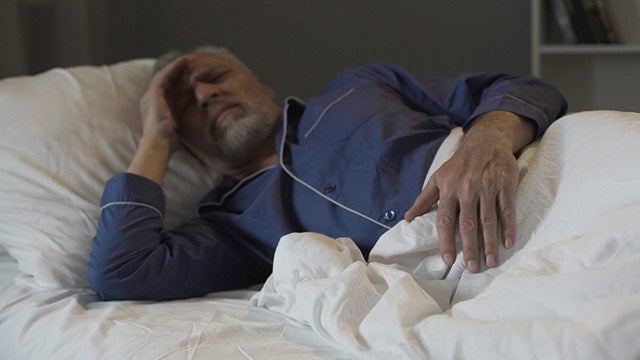
- Depression
- Poor attention span
- Memory problems
- Excessive sleepiness during the day
- Increased risk of cardiovascular disease
- Diabetes
- Weight problems
- Breast cancer
Natural Changes that Could Help
As an older adult, you don’t have to let sleep issues control your life. You should make sure you’re doing everything you can as you age to keep yourself well rested, despite the things that are working against you. Here are some tips to start.
— The Bedroom
Your sleep space should always be comfortable. That means you need an appropriately comfortable mattress and a temperature in the room that isn’t too cool or too warm. You should also assure that it’s quiet, no matter what else is going on in the house. In addition, you should avoid the use of your computer, cell phone, or tablet in your bedroom, and you shouldn’t watch television in there before falling asleep. The bright lights can keep the brain moving as if it were daylight, forcing you to stay awake, and you may accidentally expose yourself to unsettling images (such as horror movies) that will make it more difficult to fall asleep. Also, put bedroom clocks out of sight. Having a clock visible can be psychologically damaging, causing you to watch it tick away when you should be falling asleep.
— Sleep Schedule
Don’t switch things up. Keep a regular sleep schedule, going to bed and getting up at the same time every day, regardless of what you’re doing that day. You shouldn’t change this schedule even if you’re traveling. Because of the tendency to be tired earlier, you should consider going to bed earlier.
— Routines
Having a soothing bedtime routine can help older adults prepare for bed. Things that can help induce a sleepy state that promotes a good night’s rest include taking a warm bath, listening to soft music, meditating and deep breathing, or reading a book (not on a backlit device).
— Napping
While taking a nap is alright, it should be limited. Make sure naps aren’t taken in the late afternoon or evening since this contributes to a lack of sleep and waking frequently at night. They should also be short so that you benefit from the rest without the detriments of losing sleep at night.
— Boost Melatonin Levels
Bright light can keep you awake longer. Melatonin is produced when the body perceives that it’s nighttime, so keeping a lower light level by dimming or turning off lights in the evening can help your body naturally produce more melatonin, which will make you sleepier and have you drifting off more easily.
— Avoid Food and Alcohol
While having a nightcap may help you fall asleep for a few nights, it actually leads to frequent waking during the night. Don’t drink to go to bed, and avoid eating too close to bedtime, having your final meal at least 3 hours in advance, so you don’t cause digestive problems at aid in lost sleep.
— Exercise at the Right Time

— Caffeine
A cup of coffee in the morning can help get your mind going, but you should avoid caffeine late in the day. That includes coffee, tea, soda, and chocolate. You may, however, benefit from a soothing decaffeinated tea before bed, such as chamomile. However, don’t drink too much of anything since this can lead to the need for frequent urination during the night, which disturbs your sleep over and over.
— Don’t Toss and Turn
If you’ve gone to bed but find you are lying awake and staring at the ceiling or tossing and turning for more than 30 minutes, don’t stay there. Get up and do some non-stimulating activity until you feel sleepy. This will help institute the circadian rhythm again so that you sleep through the night.
Taking these steps can really assist older adults in getting the rest they need, keeping everything attuned to a specific schedule and regimen that produces the right sleep environment.
— Using Sedatives
For many with sleep issues, sedatives and sleep aids seem like a good solution. They can definitely work for a while, especially when you’ve tried everything else and are still experiencing difficulty getting proper rest. However, because they don’t treat any underlying conditions that aging adults may have, they aren’t the best solution.

In addition, a number of sleep aids are habit forming and can lead to a dependency and even an addiction. Some of these include:
- lorazepam (Ativan)
- alprazolam (Xanax)
- diazepam (Valium)
- temazepam (Restoril)
Even if you employ sleep aids, they should never be a long-term solution. Weaning off such drugs can be extremely difficult, and if there are neurological issues involved, such as dementia, it may be impossible to cut the use of sedatives without extreme physical and psychological problems during the period of weaning. If you can avoid sedatives of any kind, it’s best to do so to avoid any withdrawals that you may suffer when it’s time to move away from them.
How Much is Enough?
It’s impossible to say there’s a perfect amount of sleep for everyone. In fact, it varies greatly from one individual to another, and it can even vary slightly for the same individual depending on age. However, older adults should try to stick to what they’ve gotten throughout their youth. As a basis, professionals recommend that adults get between 7 and 9 hours of sleep every night, but this should be a guideline based on your personal needs. Even if you’re sleeping less as you age, as long as you still feel as rested, it’s not a problem. By contrast, if you’re getting the same amount of sleep and are still tired, you should try to increase your sleep time. If that doesn’t help, you might be developing a sleep disorder or have some sort of underlying condition that needs to be treated.
Therapy Options
Depending on the underlying cause of the problems with sleeping as you age, there are several treatment and therapy options. For example, sleep apnea has a number of treatments to consider. If it’s a mild issue, you can perhaps use a dental appliance or a device that keeps your airways open and unblocked. More advanced conditions could include a CPAP – a small mask that fits around the nose and uses a pump to deliver air through the passages. If it’s due to obesity, doctors would suggest weight loss, especially for older adults, and beyond that, surgery may be an option.
Movement disorders, such as restless leg syndrome, can sometimes be treated with regular exercise. In addition, getting enough potassium and magnesium in your diet, especially as you age, can help reduce the effects of these conditions. This may also be a sign of low iron in your blood, something easily corrected with a change in your diet. However, if they persist, you could see a doctor and may be prescribed something similar to what doctors use for patients with Parkinson’s disease.
Speaking to a medical professional or a sleep specialist can give you a better idea of what you need to do to correct any problems that are causing you lack of sleep as you age. You may get a referral to a sleep study or to a specialist for a disease or condition causing your issues. You can also work with new age practitioners to learn more about meditation, relaxation, and lucid dreaming, all things that will help you sleep if you’re less than excited about traditional therapy or medication.
You might want to check: How to Sleep Less
The Bottom Line
Aging and sleep problems don’t have to go hand in hand. If you work at maintaining your health, you can avoid a number of issues and conditions that lead to trouble sleeping. Whenever you do have trouble, you should seek the opinion of a medical professional to diagnose the issue and assure that it’s treated properly, whether with therapy, medication, or something else.
You can also prevent the symptoms from becoming overly problematic by creating a sleep environment and a routine that are conducive not just to a single night’s sleep but to regular, solid, restful slumber. Make sure you’re going to bed and getting up at the same time every day, even if you have to shift those hours to accommodate your body’s need to sleep and awaken earlier. Keep the bedroom dark and the lights dimmed in the evening, and don’t eat or drink before bedtime.
Avoid caffeine and exercise late in the day, and then assure that any naps you take are long enough to replenish you but short and early, so they don’t affect your nighttime sleep. Have a soothing bath or read before bed, part of a routine that will help you relax and drift off more readily when you lie down. If you find yourself not falling asleep for more than 30 minutes, get up and do something that won’t wake you up even more but that will help you rest better.
Don’t forget to make your sleep space comfortable so that there is nothing distracting and nothing that will keep you from being completely relaxed in your bedroom. That means keeping a temperature that is conducive to rest, making sure you don’t have lights and other things that could keep your mind spinning. Put away the clock that will garner attention and try some breathing exercises or meditation that can ease you into slumber. Most importantly, don’t ignore the signs that you as an aging adult aren’t getting the proper quantity and quality of rest. Make sure you check your health and speak to a professional to assure you continue to sleep and live a healthy life.
